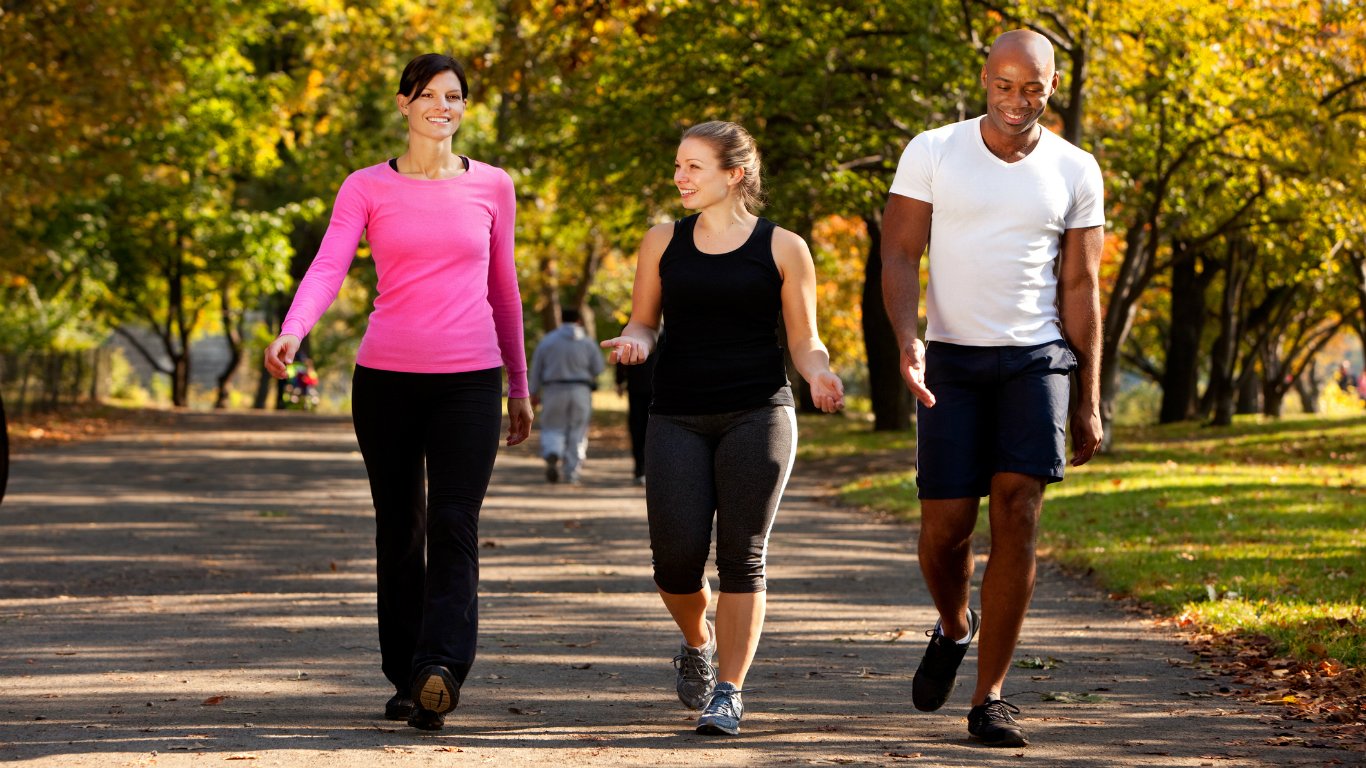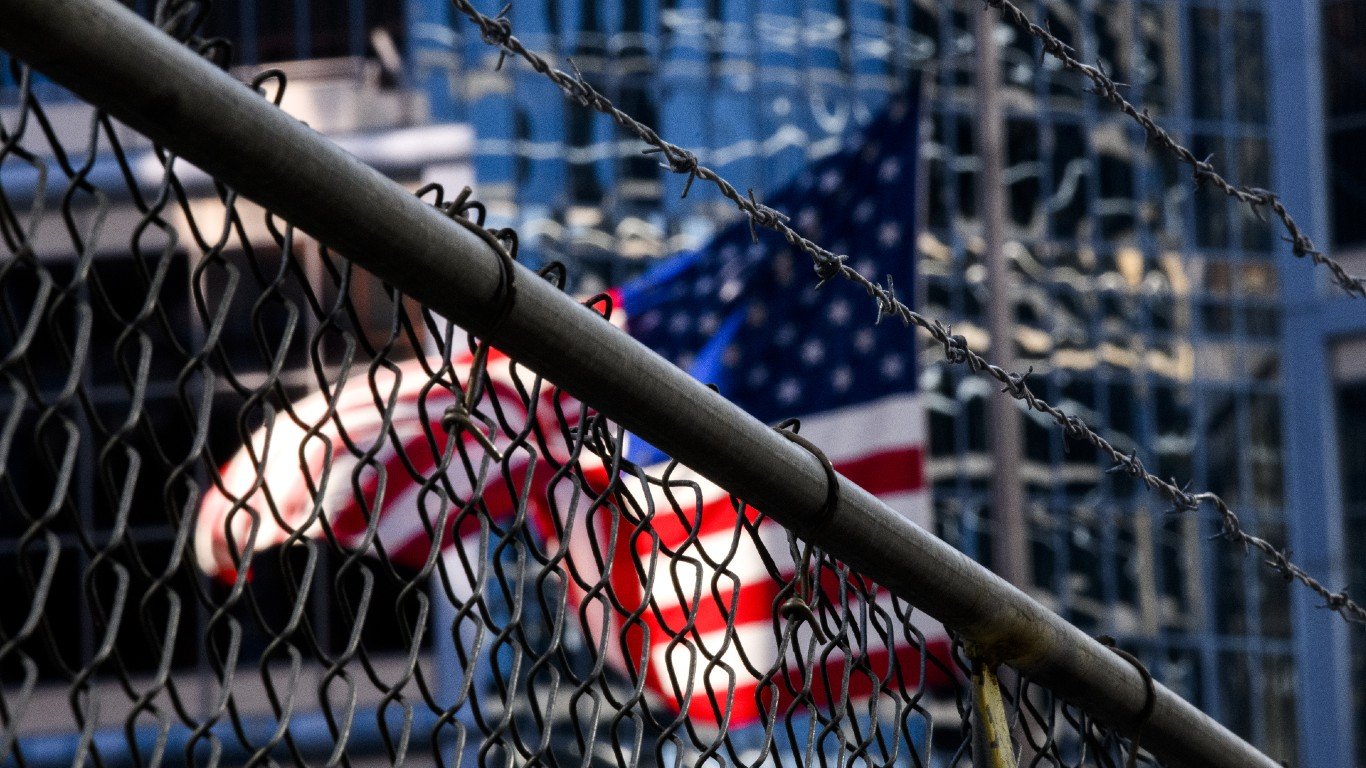

It’s stating the more-than-obvious when the CDC says, in its paper on “Coping with Stress,” that “the COVID-19 pandemic has had a major effect on our lives.” Not just the threat of the disease itself but also vital public health practices like social distancing and mask-wearing can make people feel isolated and increase the pressure we feel.
In recent months, political strife, violence in the streets, devastating weather patterns, and the lingering economic downturn have only made things worse. (The good news is that there are only four American metropolises among the world’s 25 most stressed-out cities.)
On behalf of the American Psychological Association (APA), The Harris Poll surveyed more than 3,000 adults living in the U.S. in late spring of 2020 and another 2,000-plus in the latter part of January this year, asking them which aspects of the COVID-19 crisis and of other more general social and political factors caused them the most stress.
The surveys returned results for total respondents but also broke some issues down by race, political party, and parental status. Overall, what stressed people the most were two things: the pandemic itself (80% of respondents) and the very future of our nation (81%).
Worrisome matters like access to health care and availability of food and other basic necessities weighed more heavily on parents overall than on white adults or people of color — but were clearly of significant concern to everyone surveyed.
What can we do about stress? The CDC recommends a number of measures, including deep breathing and meditation, a healthy diet, sufficient sleep, cutting down on alcohol and tobacco, and regular physical activity. (Here are 30 reasons walking is the best exercise.)
The APA has recommendations of its own, but possibly the most useful is: “Give yourself permission to take a break from the news, social media or even certain friends. Constantly exposing ourselves to negative information, images and rhetoric maintains our stress at unhealthy levels.”
Click here to see what Americans are stressed about
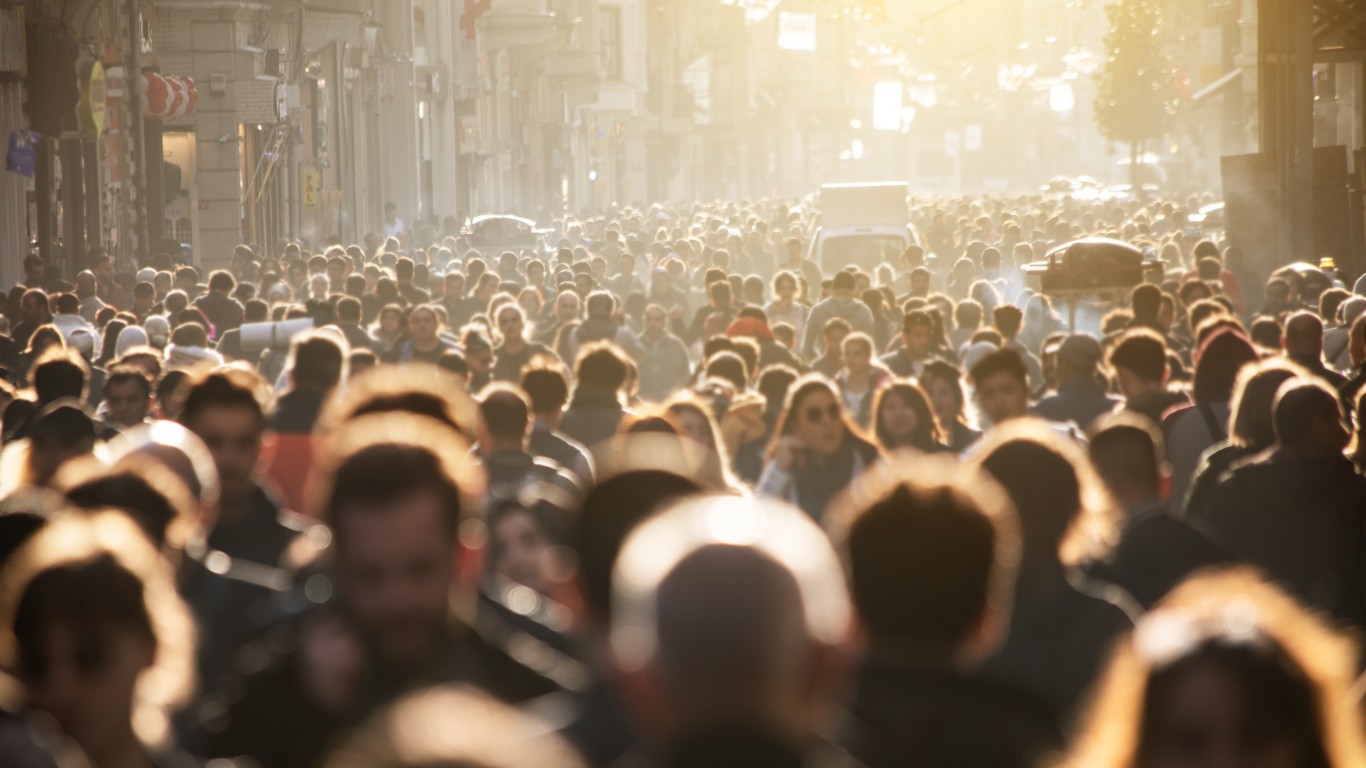
The future of our nation
> Who’s stressed: All respondents
> Percentage of respondents significantly stressed: 81% (2021)
[in-text-ad]

Political unrest around the nation
> Who’s stressed: All respondents
> Percentage of respondents significantly stressed: 74% (2021)
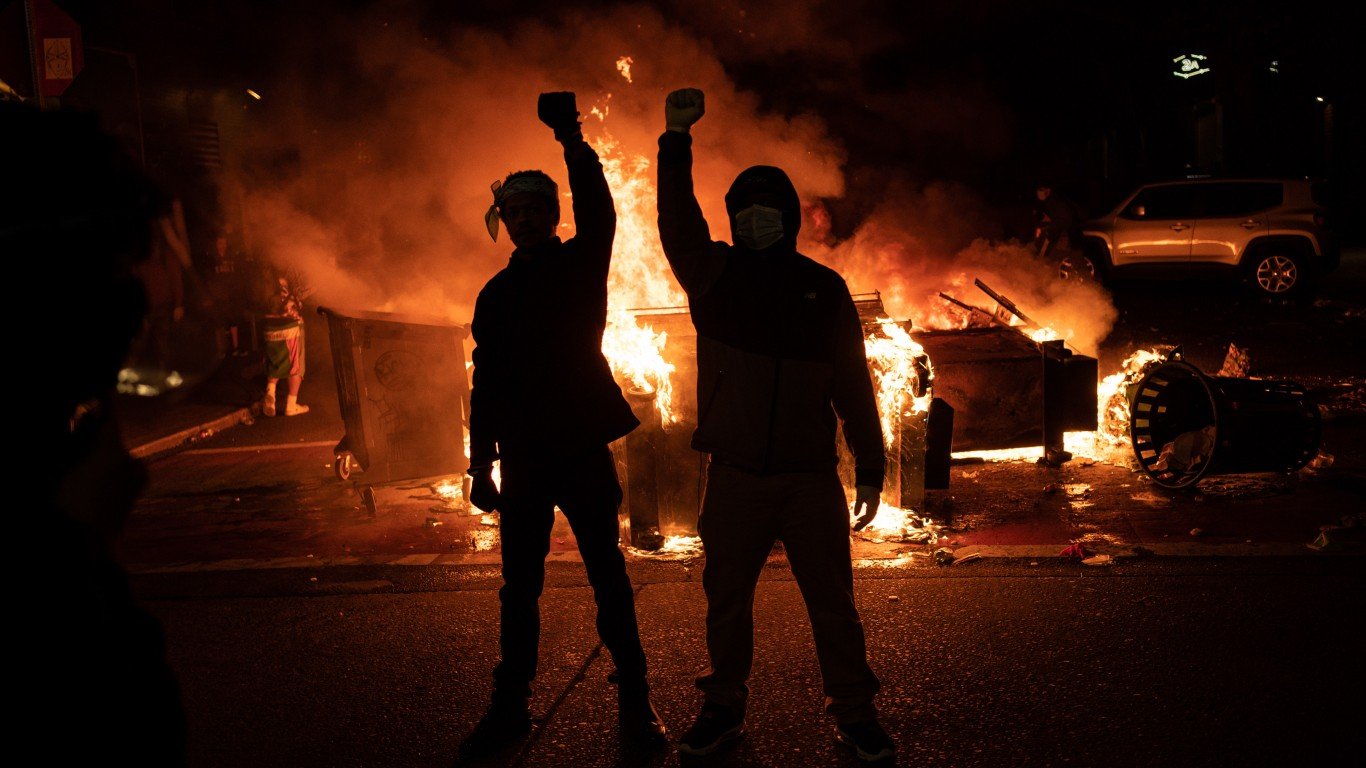
The current political climate
> Who’s stressed: All respondents
> Percentage of respondents significantly stressed: 74% (2021)
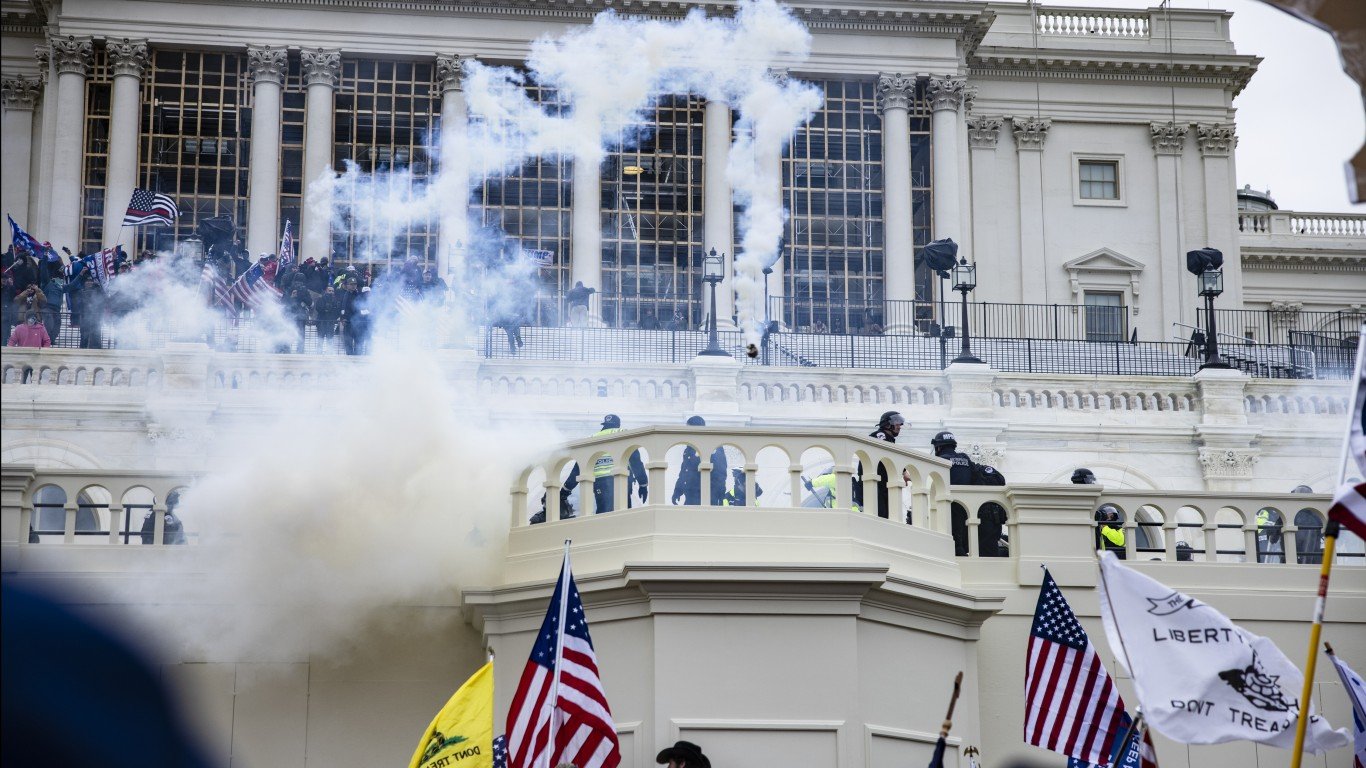
The breach of the U.S. Capitol on January 6
> Who’s stressed: All respondents
> Percentage of respondents significantly stressed: 66% (2021)
[in-text-ad-2]
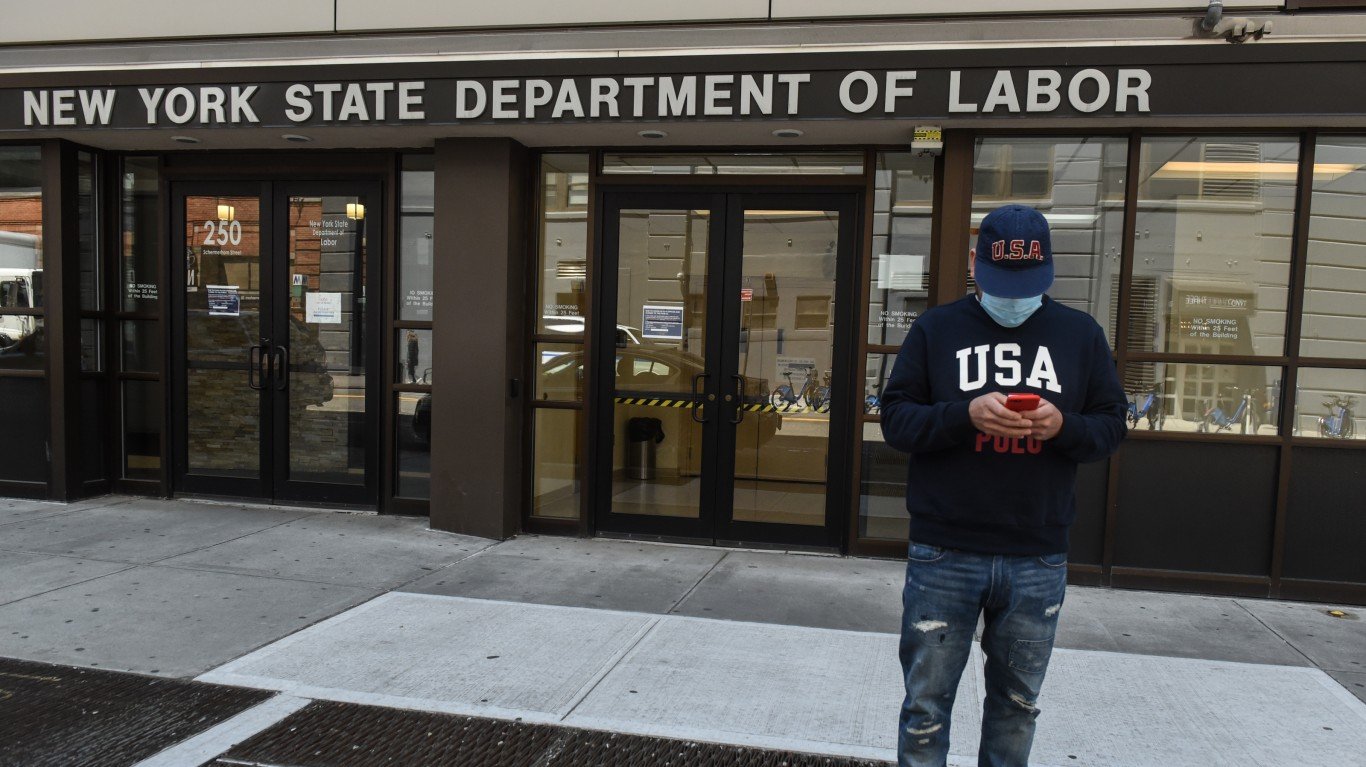
The economy
> Who’s stressed: All respondents
> Percentage of respondents significantly stressed: 70%
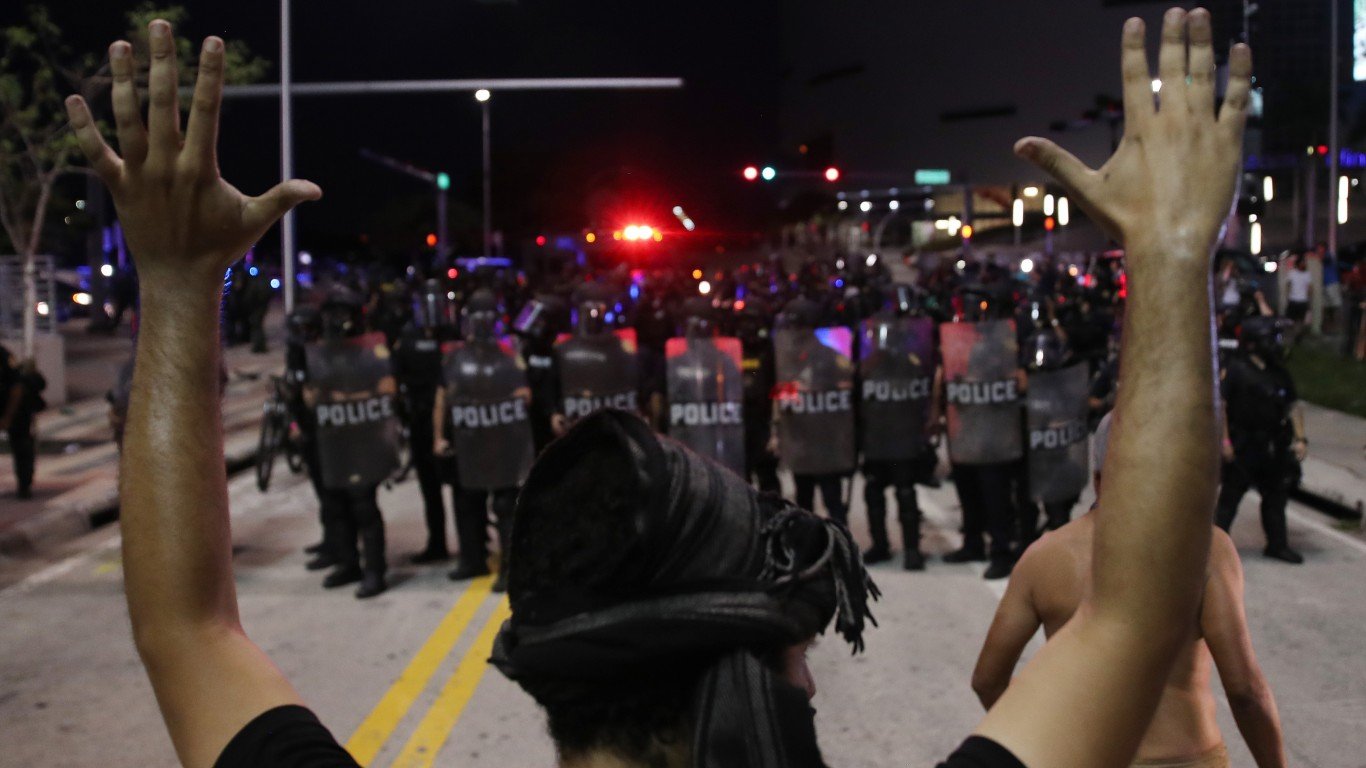
Police violence towards minorities
> Who’s stressed: All respondents
> Percentage of respondents significantly stressed: 71%
[in-text-ad]
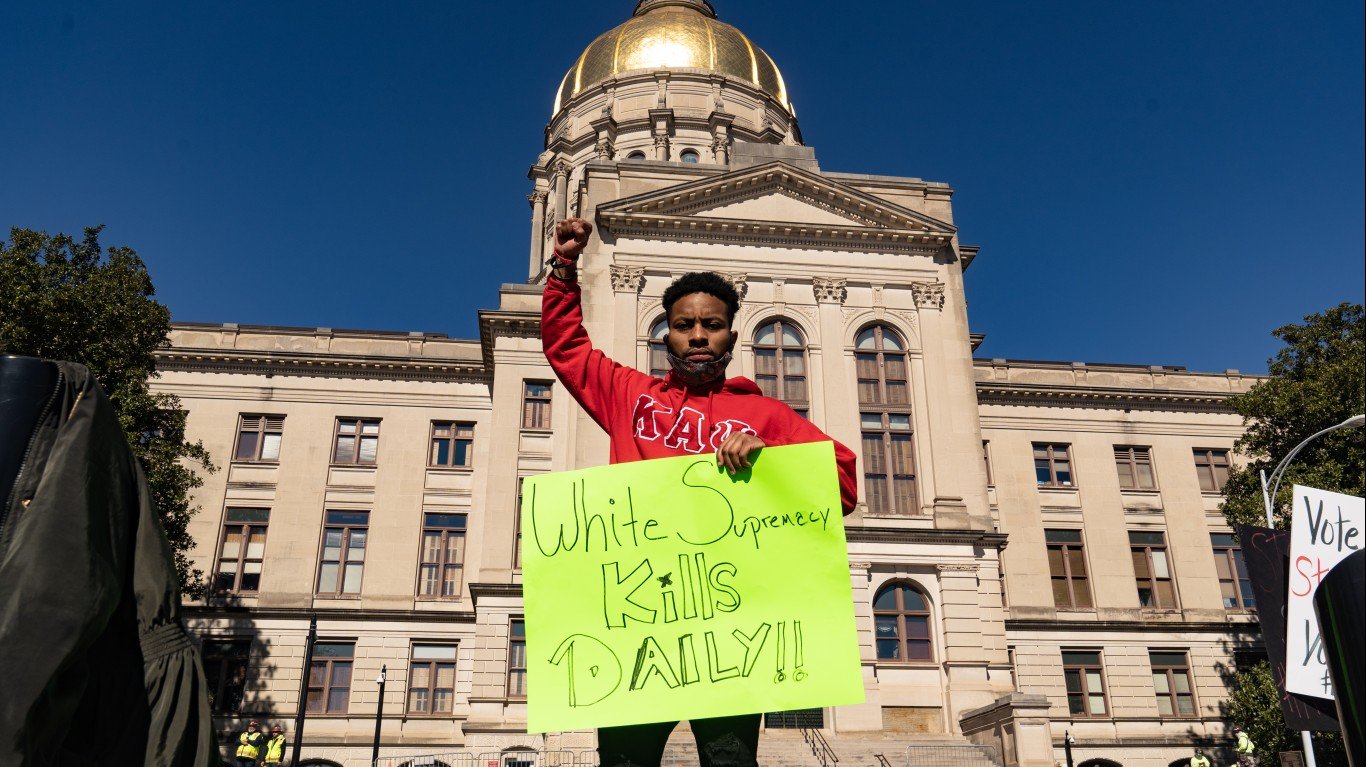
Racial discrimination
> Who’s stressed: Black Americans
> Percentage of respondents significantly stressed: 55%
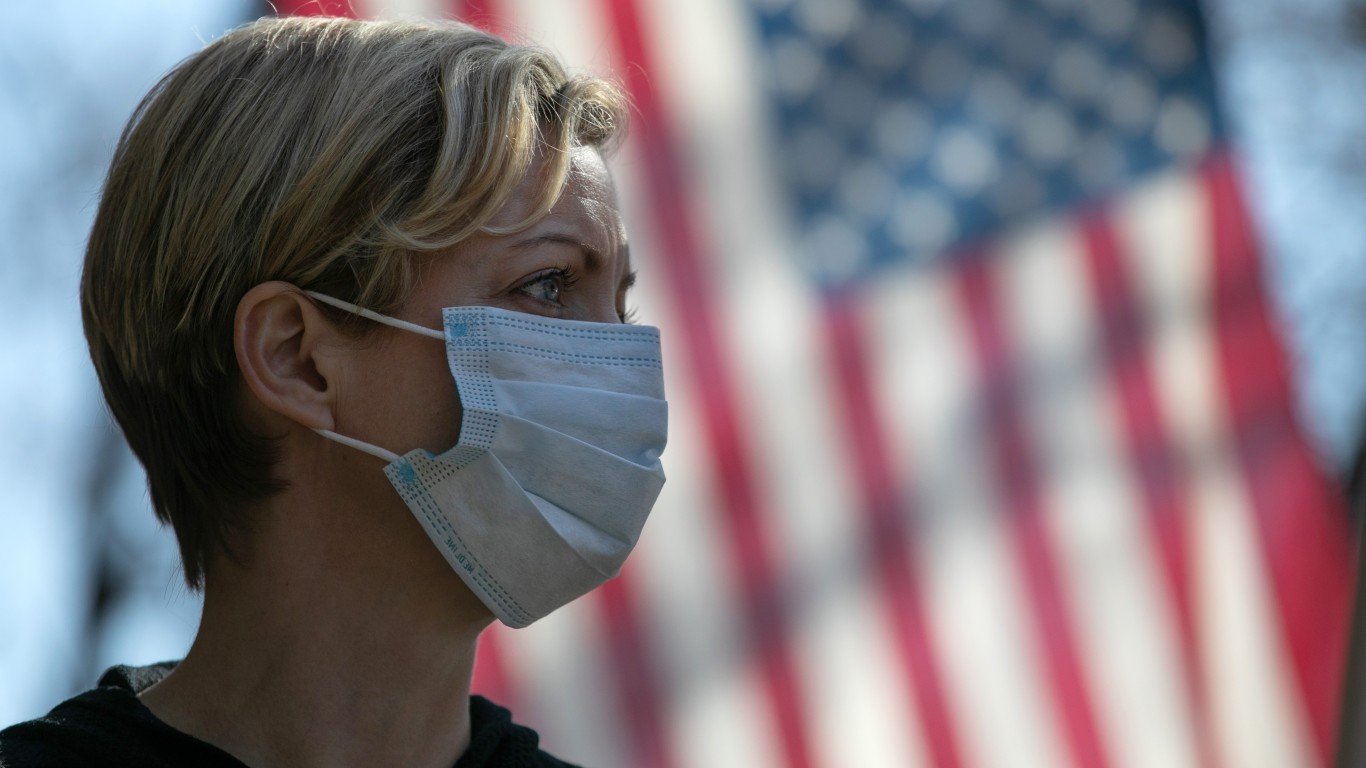
The coronavirus pandemic
> Who’s stressed: All respondents
> Percentage of respondents significantly stressed: 80% (2021)
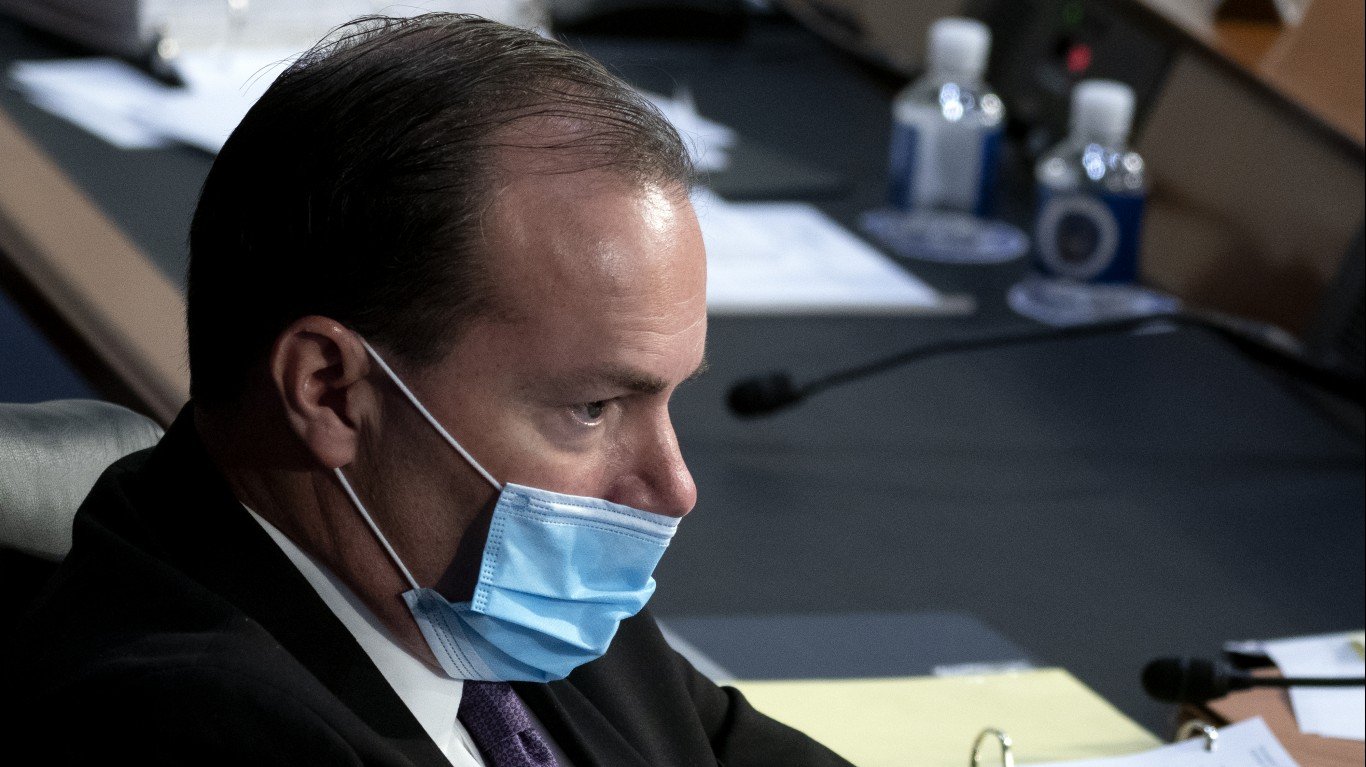
Government response to COVID-19
> Who’s stressed: All respondents
> Percentage of respondents significantly stressed: 67%
[in-text-ad-2]
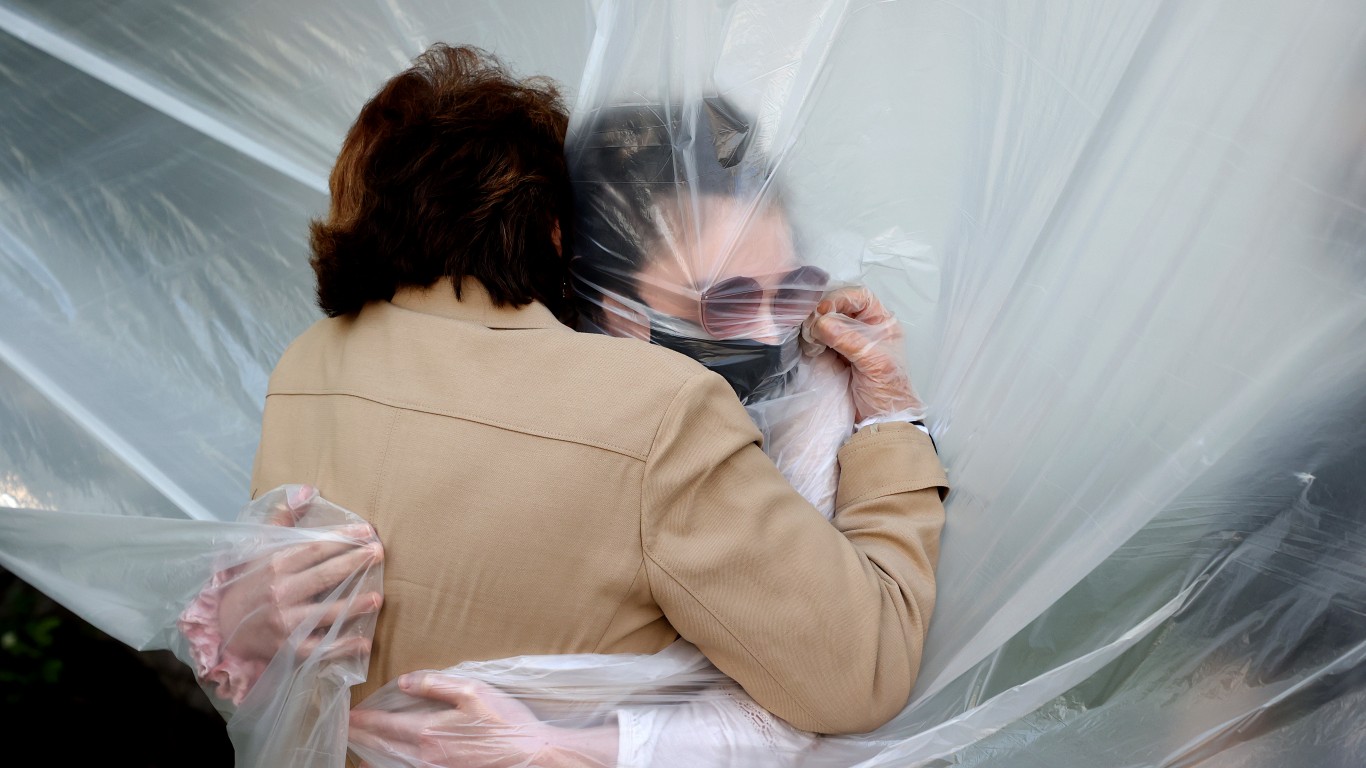
A family member getting coronavirus
> Who’s stressed: Parents
> Percentage of respondents significantly stressed: 74% (2021)
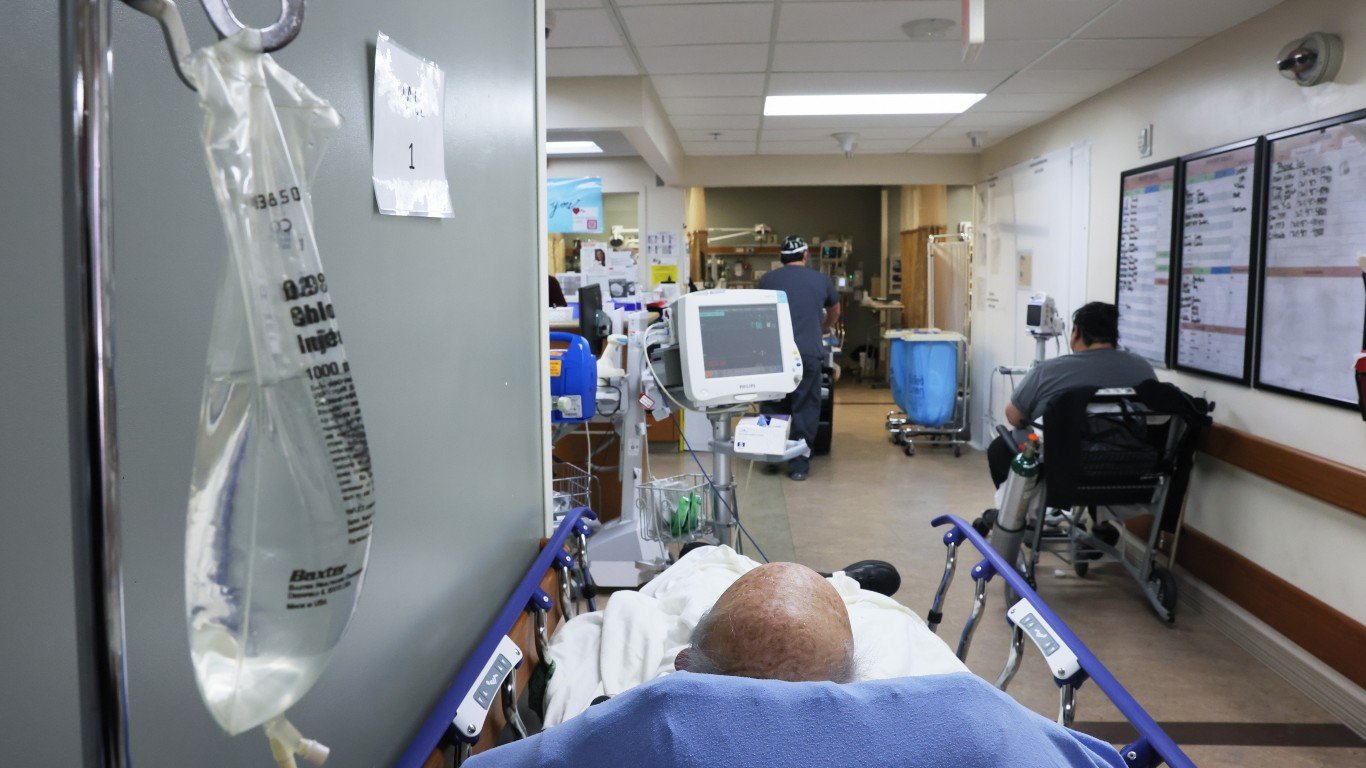
Getting coronavirus oneself
> Who’s stressed: Parents
> Percentage of respondents significantly stressed: 73%
[in-text-ad]
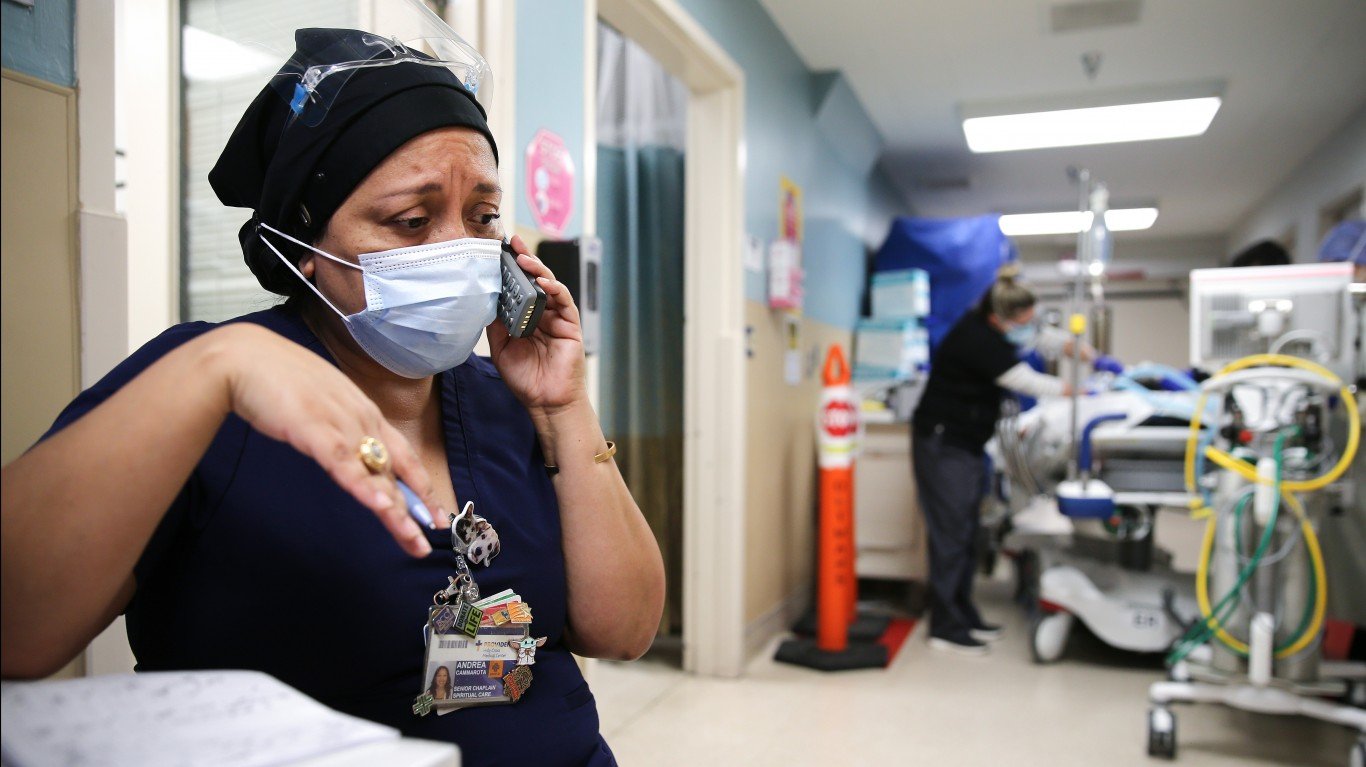
Getting coronavirus oneself
> Who’s stressed: People of color
> Percentage of respondents significantly stressed: 71%
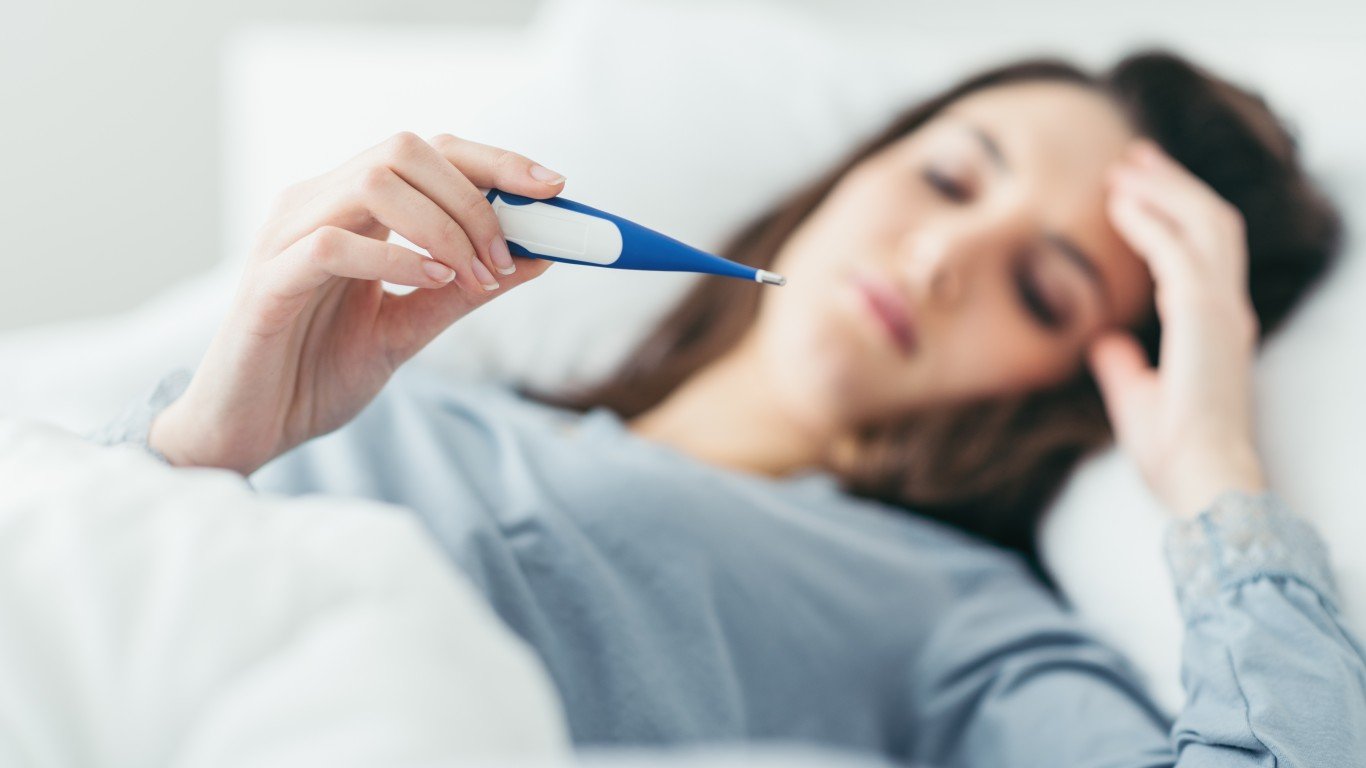
Getting coronavirus oneself
> Who’s stressed: White adults
> Percentage of respondents significantly stressed: 59%

Being around others when they don’t take preventive measures
> Who’s stressed: Democrats
> Percentage of respondents significantly stressed: 87%
[in-text-ad-2]
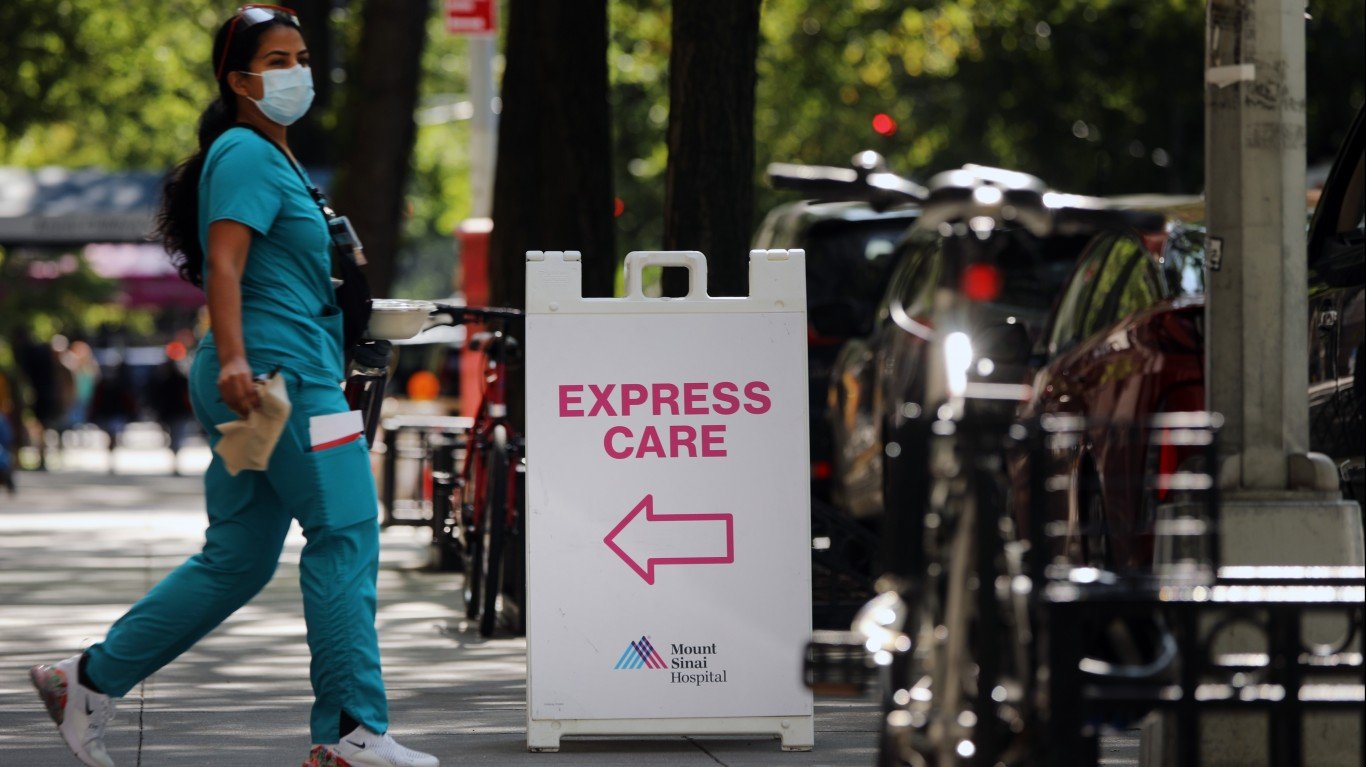
Access to health care services
> Who’s stressed: Parents
> Percentage of respondents significantly stressed: 66%
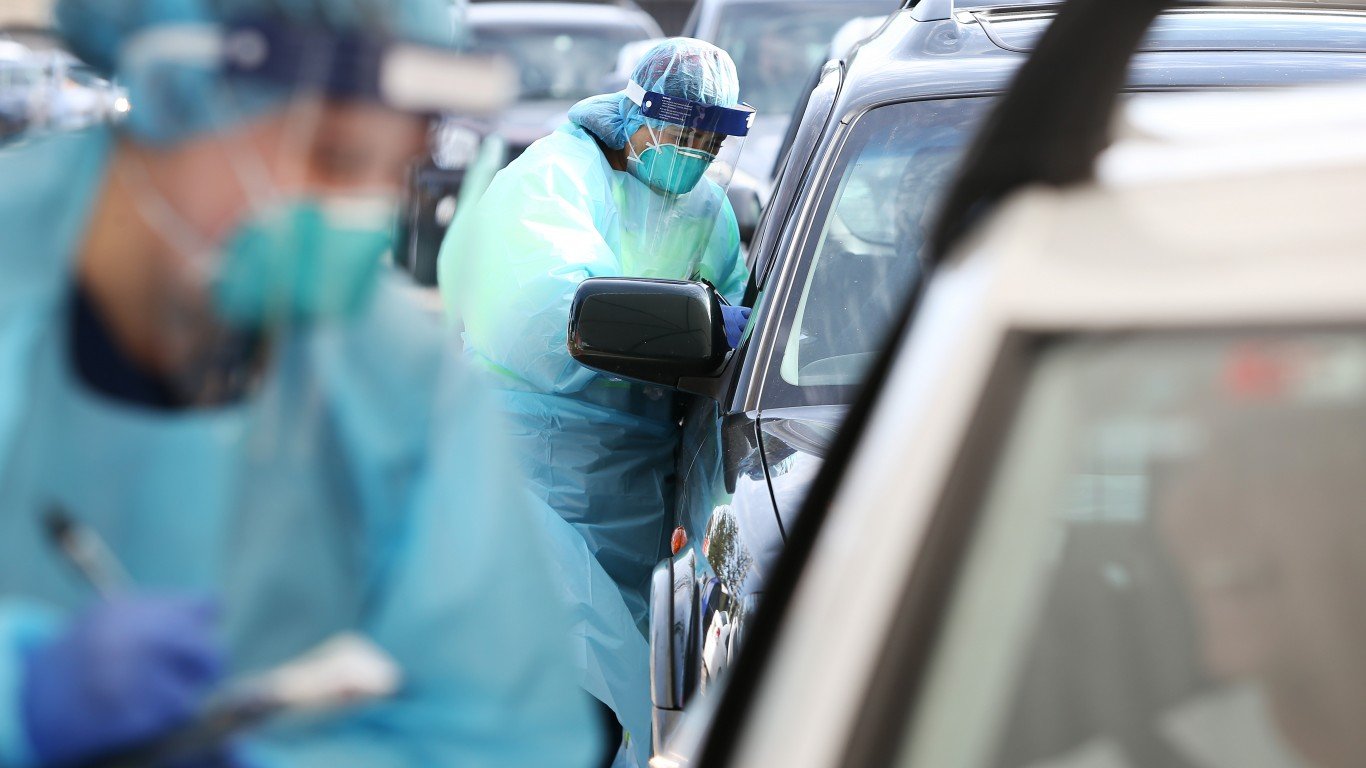
Access to health care services
> Who’s stressed: People of color
> Percentage of respondents significantly stressed: 59%
[in-text-ad]

Access to health care services
> Who’s stressed: White adults
> Percentage of respondents significantly stressed: 46%
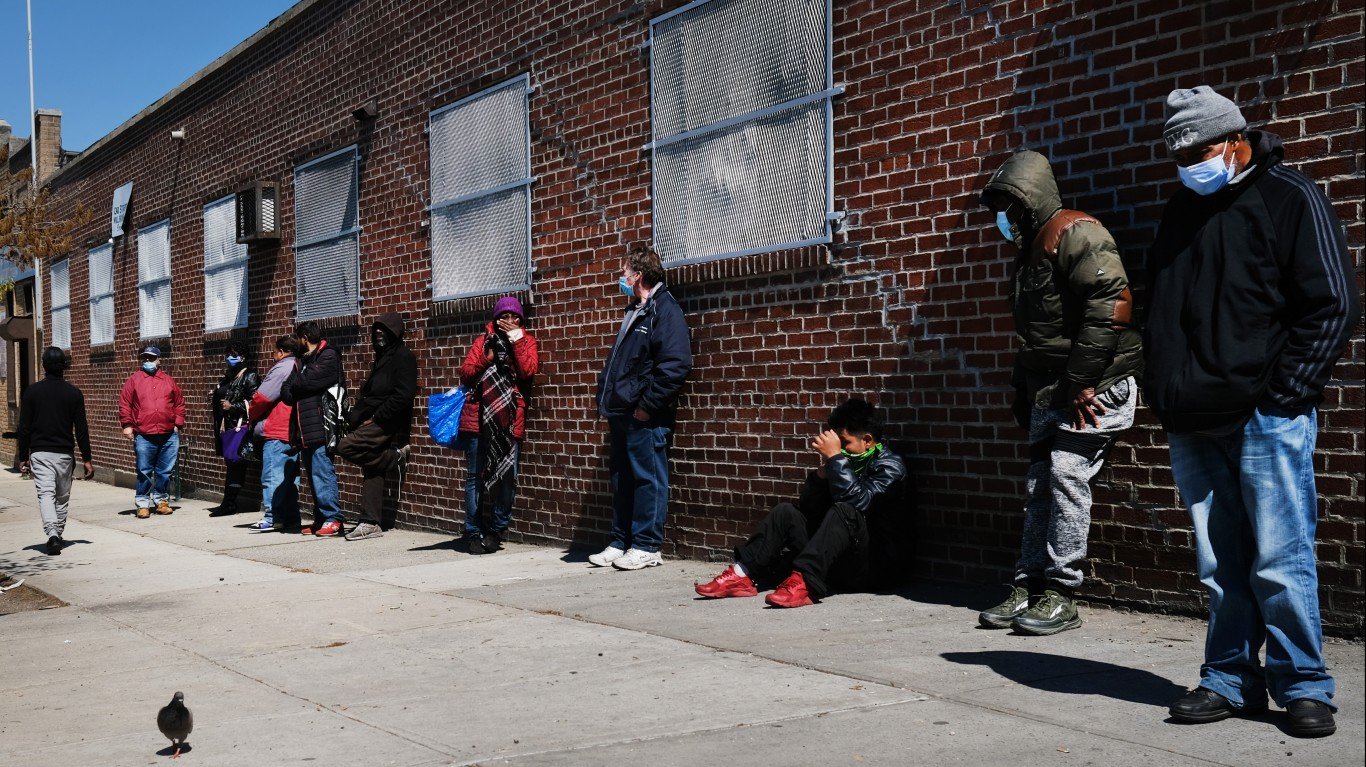
Availability of and access to food, housing, and other basic needs
> Who’s stressed: Parents
> Percentage of respondents significantly stressed: 70%
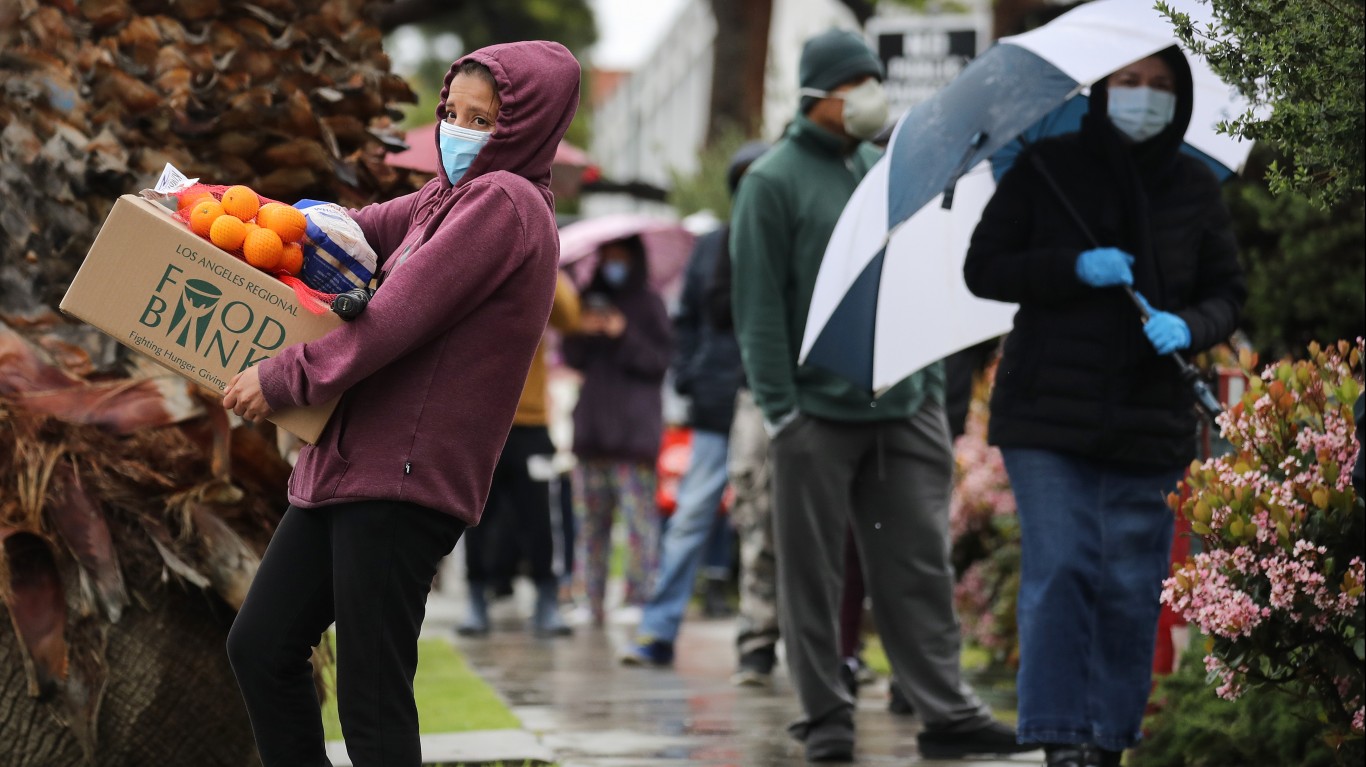
Availability of and access to food, housing, and other basic needs
> Who’s stressed: People of color
> Percentage of respondents significantly stressed: 61%
[in-text-ad-2]
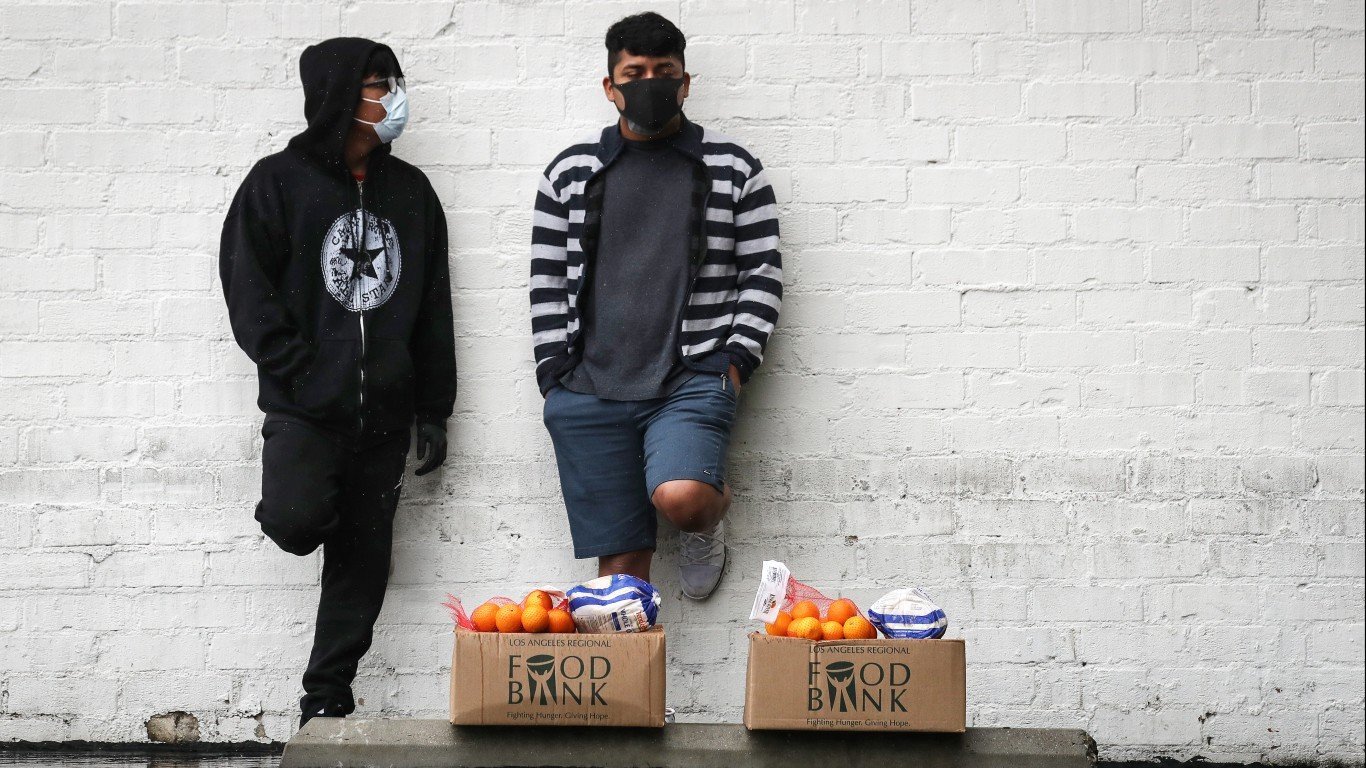
Availability of and access to food, housing, and other basic needs
> Who’s stressed: White adults
> Percentage of respondents significantly stressed: 47%
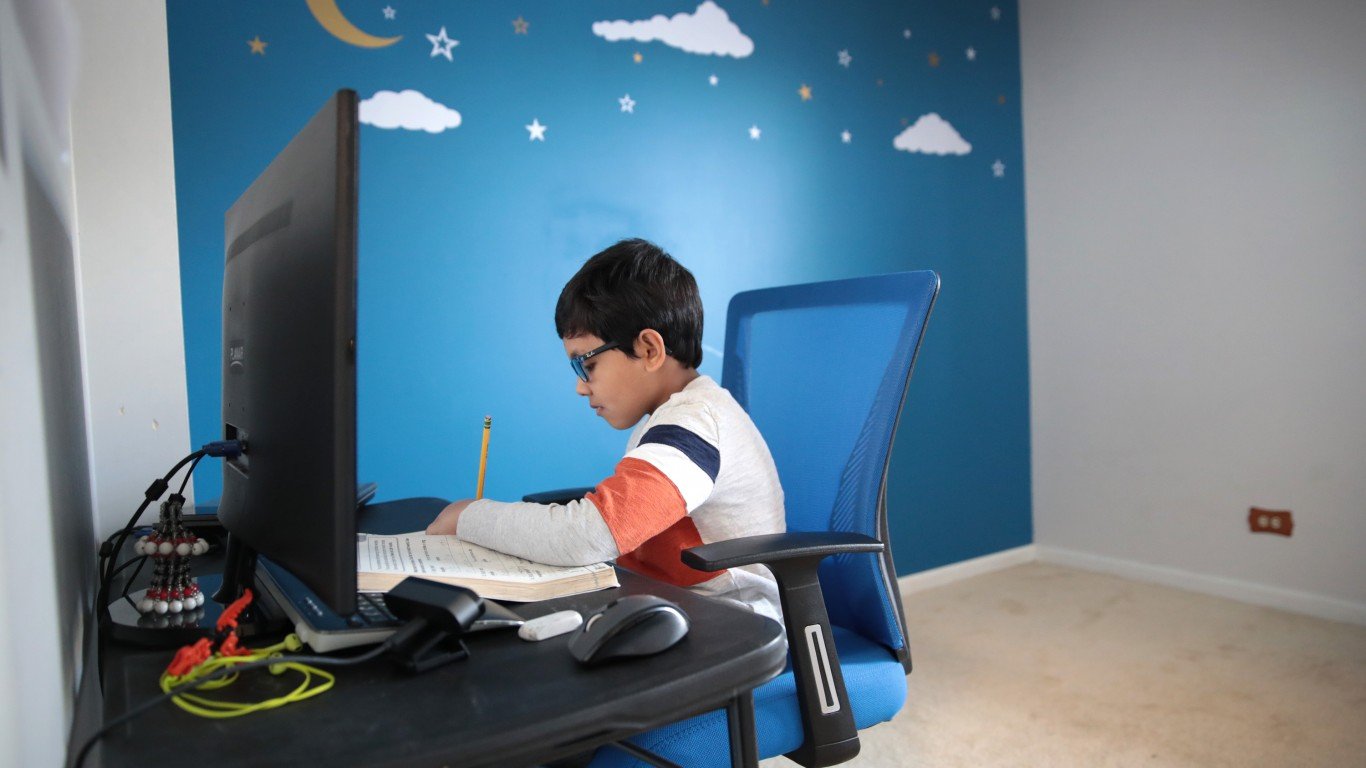
Managing remote or online learning for one’s children
> Who’s stressed: Parents
> Percentage of respondents significantly stressed: 71%
[in-text-ad]
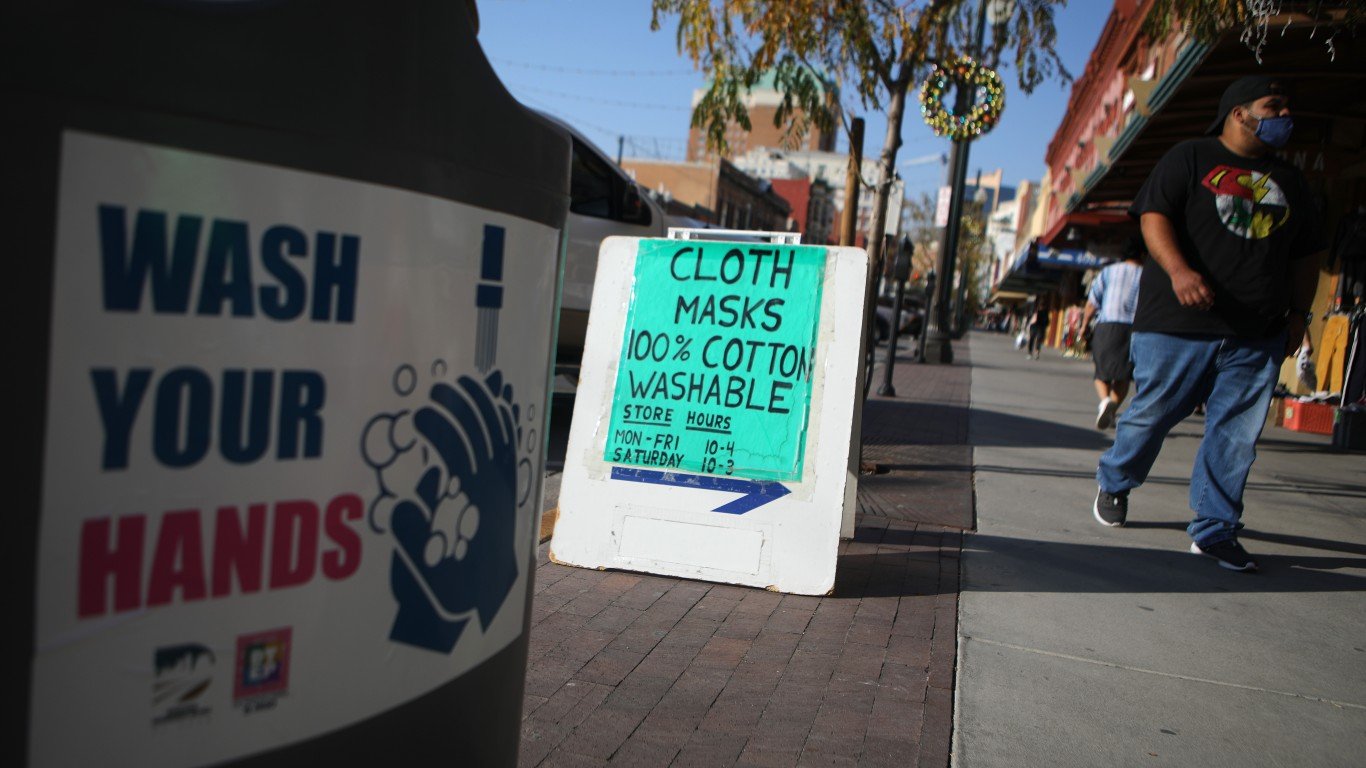
Disrupted routines or adjusting to new ones
> Who’s stressed: Parents
> Percentage of respondents significantly stressed: 74%
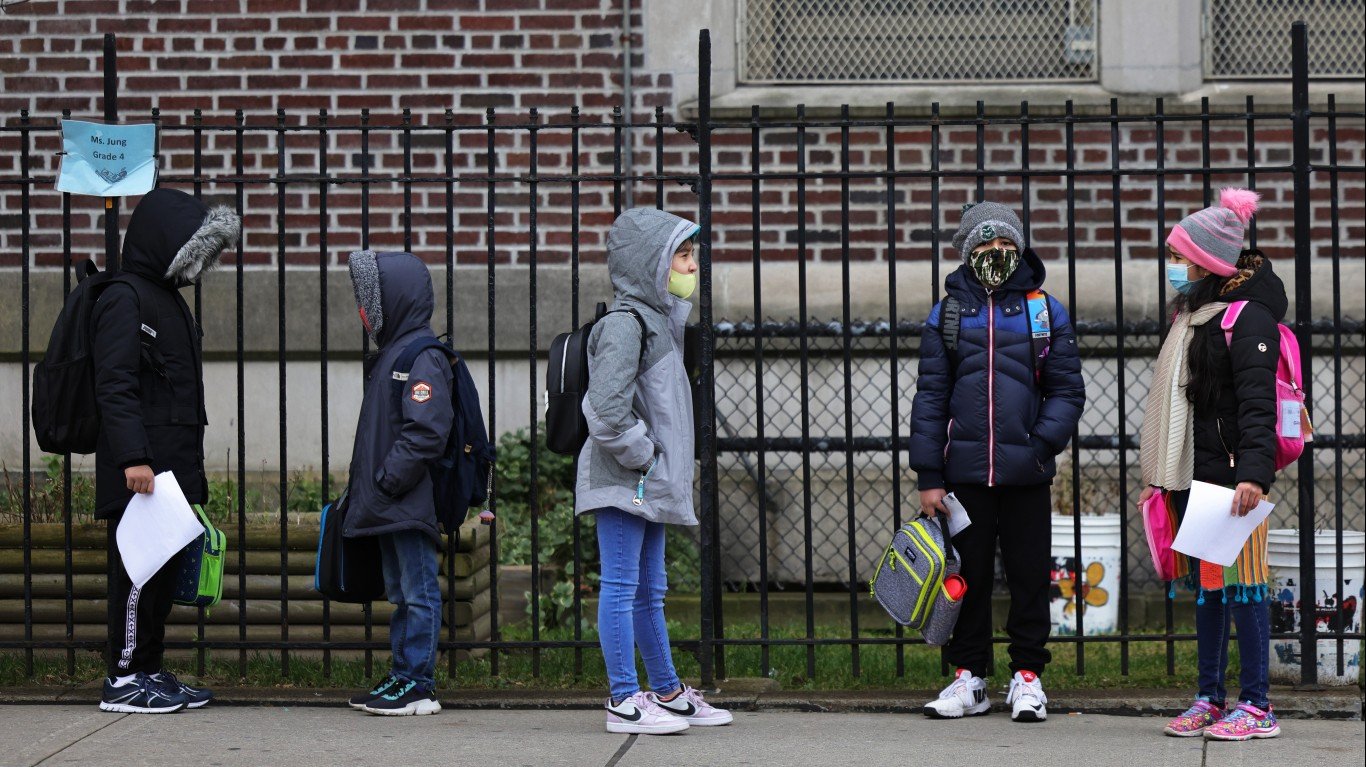
The impact the pandemic has had on one’s children’s social development
> Who’s stressed: Parents
> Percentage of respondents significantly stressed: 71%

Missing out on major milestones
> Who’s stressed: Parents
> Percentage of respondents significantly stressed: 63%
[in-text-ad-2]
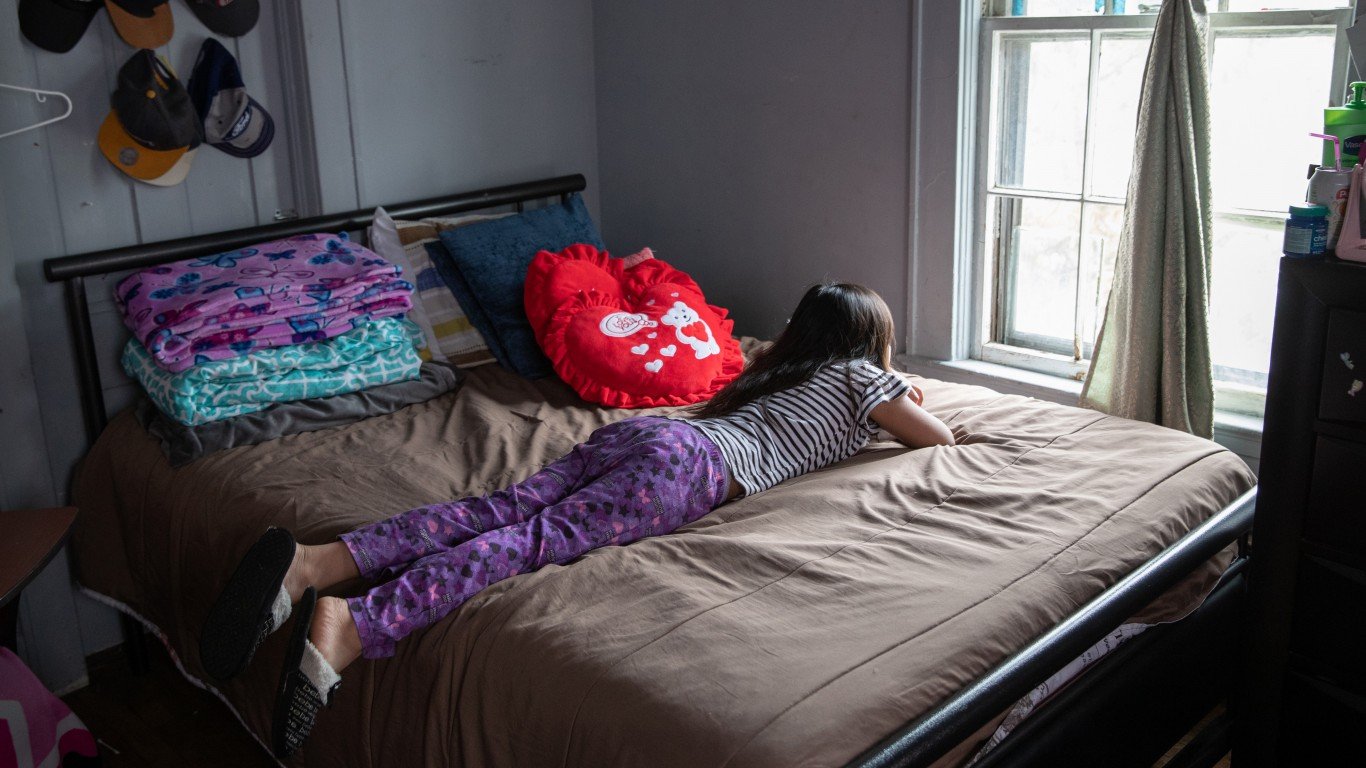
Self-isolation
> Who’s stressed: Parents
> Percentage of respondents significantly stressed: 67%
Sponsored: Want to Retire Early? Here’s a Great First Step
Want retirement to come a few years earlier than you’d planned? Or are you ready to retire now, but want an extra set of eyes on your finances?
Now you can speak with up to 3 financial experts in your area for FREE. By simply clicking here you can begin to match with financial professionals who can help you build your plan to retire early. And the best part? The first conversation with them is free.
Click here to match with up to 3 financial pros who would be excited to help you make financial decisions.
Thank you for reading! Have some feedback for us?
Contact the 24/7 Wall St. editorial team.
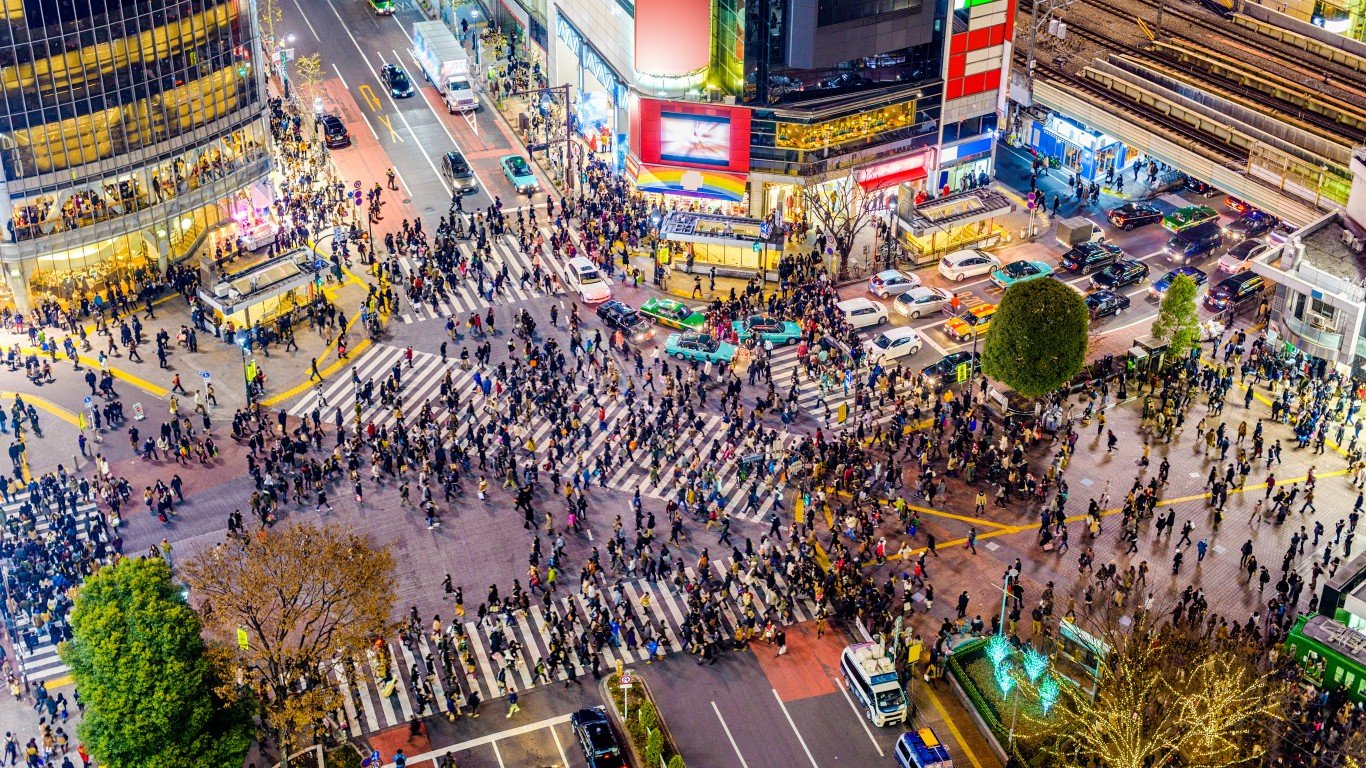 24/7 Wall St.
24/7 Wall St.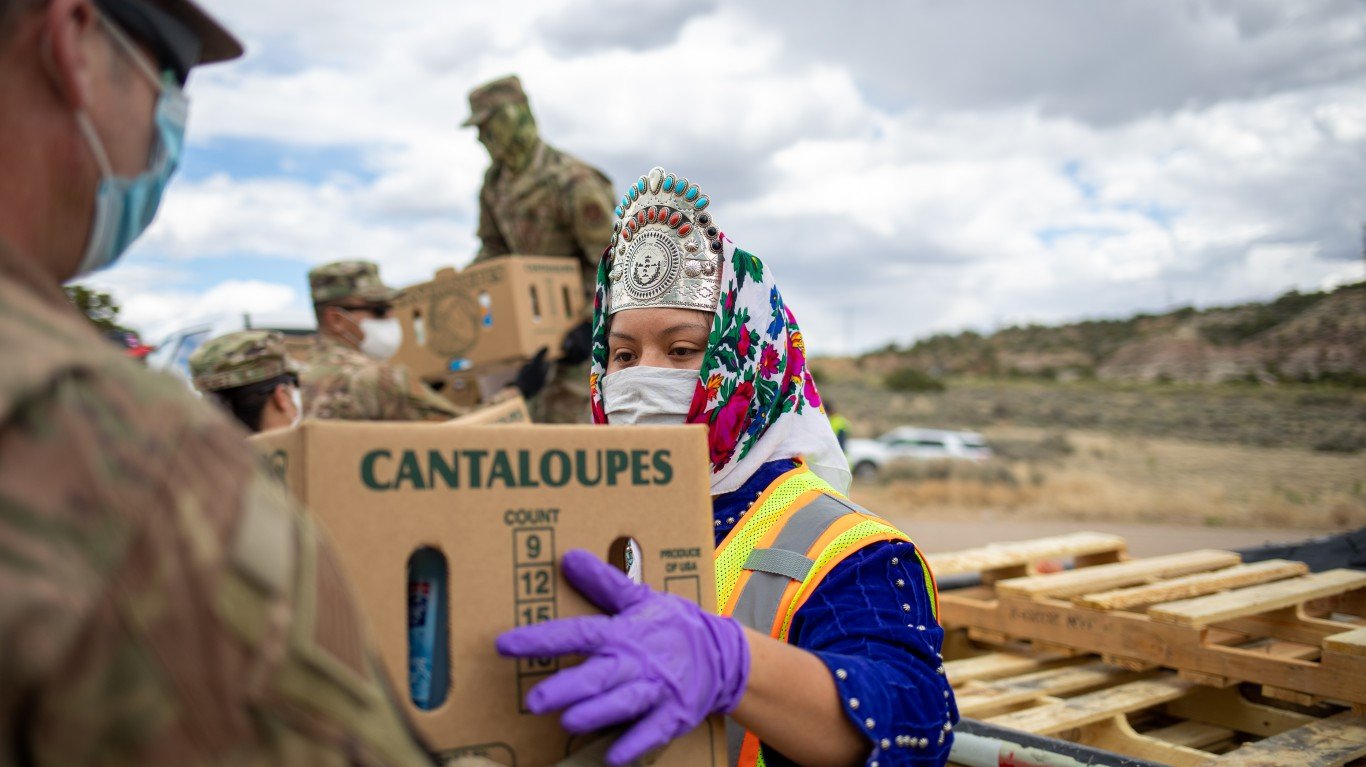 24/7 Wall St.
24/7 Wall St.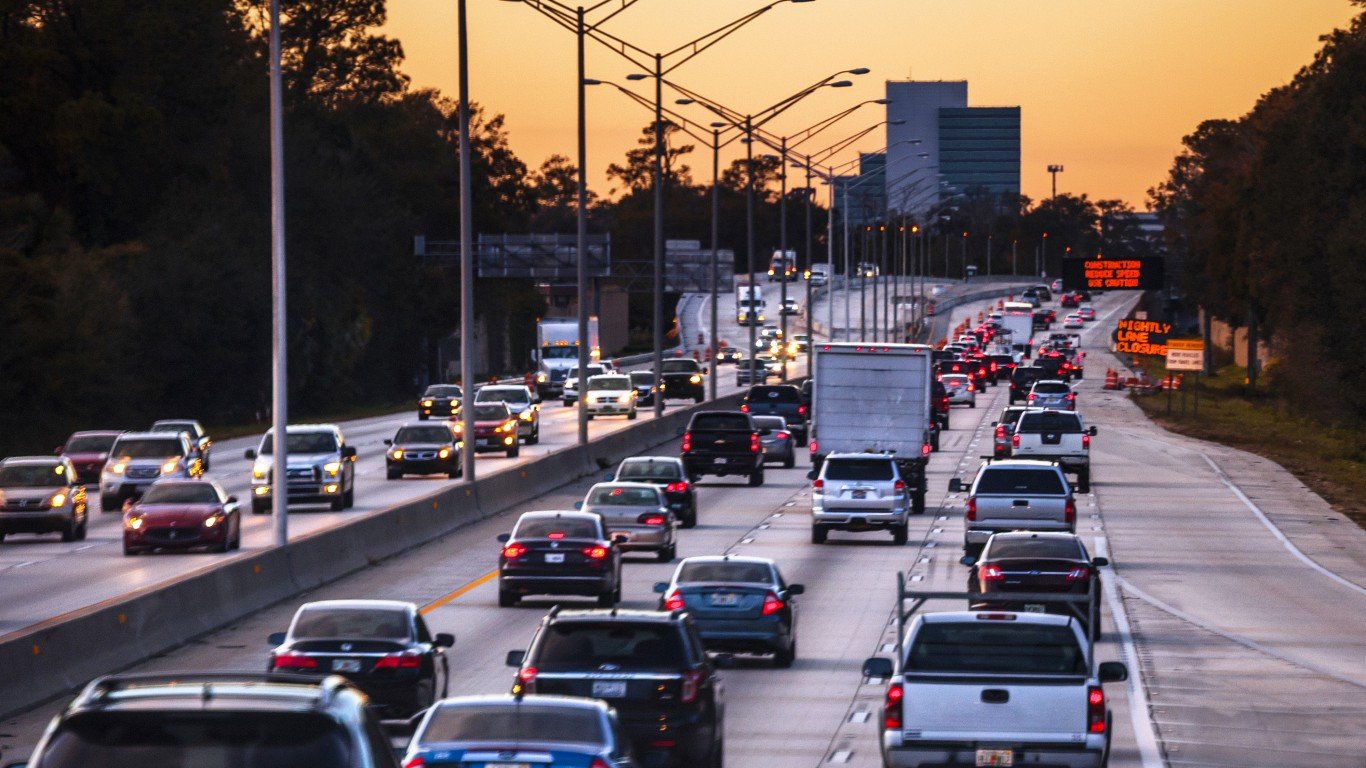 24/7 Wall St.
24/7 Wall St.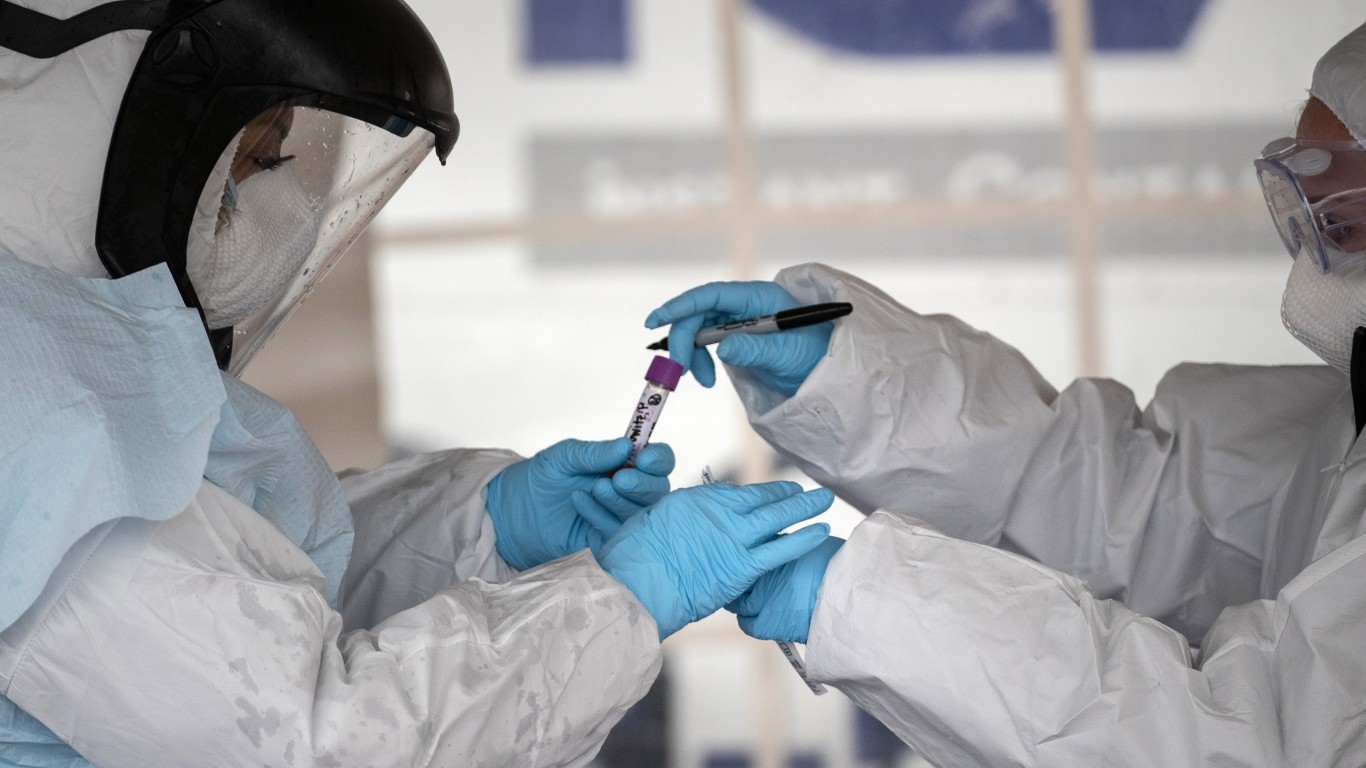 24/7 Wall St.
24/7 Wall St.